Why Municipal Policing
Why did Surrey change its policing model?
Surrey Police Service (SPS) is a progressive, community-based police service that is accountable to the community. We’re building a police service for Surrey, by Surrey, where priorities and solutions are developed locally.
There are a number of reasons why municipalities such as Vancouver, Calgary and Toronto choose to have their own municipal police service, instead of contracting the RCMP. Ultimately, the choice to have a municipal police agency is about increased accountability and responsiveness. While the cost is often slightly higher to a municipality, the benefits of municipal policing are significant.
Surrey’s policing transition is not about simply changing the colour of the uniform – it is about bringing a new era of policing to Surrey. Across Canada, citizens have made it clear that they want to see policing done differently – with more compassion and trauma-informed practice, and less reliance on use of force. At SPS we are going beyond the status quo of policing and finding new approaches and solutions to public safety.
Benefits of municipal policing:
- Nimble & responsive: Municipal police services can quickly develop policies and programs at the local level based on the changing public safety needs of the community. They can also procure new equipment such as body worn cameras at the local level, instead of going through a lengthy national procurement process.
- Consistent staffing levels: Municipal agencies provide residents with consistent staffing levels, as they are not impacted by large volumes of officer transfers. In addition, the federal 10% cost-share model comes with a cost to the municipality, as it allows RCMP and governments to retain some control over police resources, including required deployments to emergencies and major events.
- Longevity & relationships: The majority of municipal officers spend their entire careers with one police service. This translates to more stability for the police agency, a deeper understanding of the community, and longer-term relationships with the community and partners.
- Transparency: Independent municipal police agencies make their budgets, expenditures, public complaints, staffing levels, and collective agreements public.
- Civilian oversight: A municipal police service is subject to oversight by a local civilian police board, and the Office of the Police Complaints Commissioner. This publicly accountable oversight serves to build and maintain trust and confidence in the police officers serving the community.
- Local control: Municipal agencies make decisions at the local level to address the community’s public safety priorities. Police boards have full control of the type of policing model required, and can search nationally for the Chief of Police, with no restrictions.
- Community-specific training: Municipal officers are trained in the specific needs of the community they serve. Modern municipal police training also emphasizes de-escalation and less lethal use of force options.
- Community-specific policies: Policies are developed specifically for the municipality, as opposed to broad national policies that must work for communities of all sizes.

